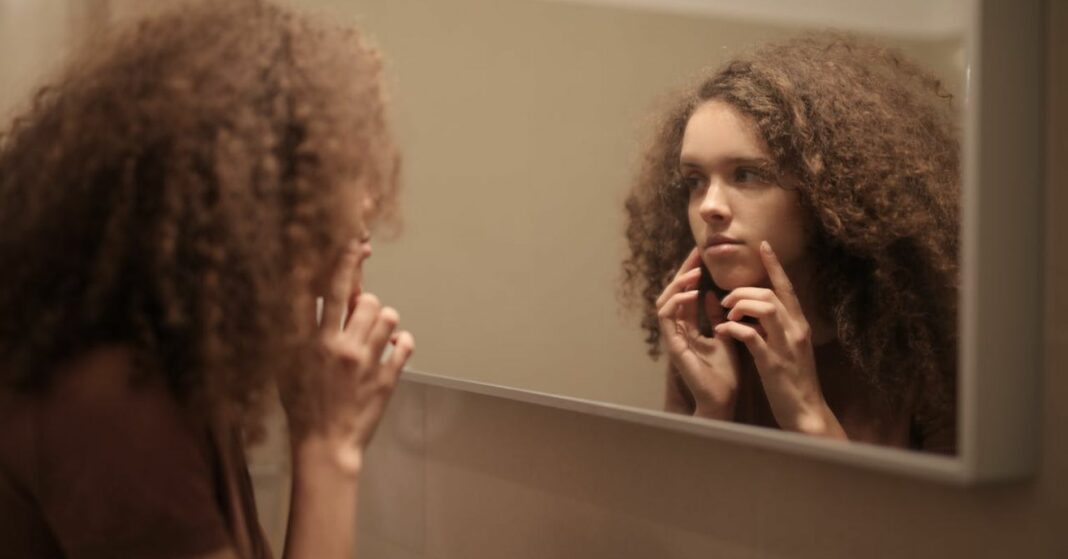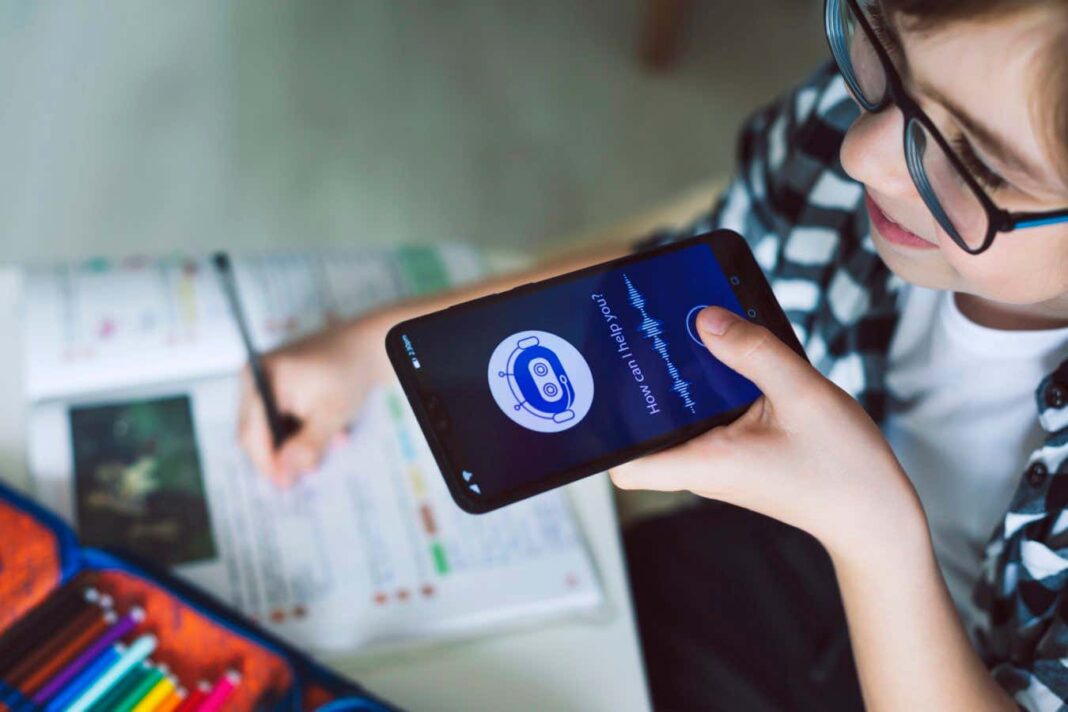Acne and Adolescent Mental Health
Introduction
Acne is a common skin condition that affects adolescents during their teenage years. While acne is often considered a purely physical issue, it can also have a significant impact on adolescent mental health. The visible nature of acne can lead to feelings of insecurity, low self-esteem, and even depression in some individuals. It is important to address the mental health implications of acne in order to support the well-being of adolescents.
The Relationship Between Acne and Mental Health
Acne can have a profound impact on adolescent mental health. The visible nature of acne can lead to feelings of self-consciousness and embarrassment. Adolescents with acne may feel like they stand out in a negative way and may become preoccupied with their appearance. This can lead to a negative self-image and low self-esteem.
Research has shown that adolescents with acne are at a higher risk of developing mental health issues such as anxiety and depression. The stress of dealing with acne on a daily basis can take a toll on mental well-being, leading to feelings of sadness, hopelessness, and worthlessness.
Strategies for Supporting Adolescent Mental Health
It is important for parents, educators, and healthcare providers to support adolescent mental health in the context of acne. Here are some strategies that can help:
Encourage Open Communication
Encourage adolescents to talk openly about their feelings and concerns regarding acne. Create a safe and non-judgmental space where they can express themselves without fear of criticism.
Promote Positive Self-Image
Help adolescents focus on their strengths and positive attributes rather than their perceived flaws. Encourage them to engage in activities that boost their self-esteem and confidence.
Seek Professional Help
If an adolescent is struggling with their mental health due to acne, it may be helpful to seek professional help. A therapist or counselor can provide support and strategies for coping with stress and negative emotions.
Conclusion
Acne can have a significant impact on adolescent mental health, leading to feelings of insecurity, low self-esteem, and even depression. It is crucial to address the mental health implications of acne in order to support the well-being of adolescents. By promoting open communication, fostering positive self-image, and seeking professional help when needed, we can help adolescents navigate the challenges of acne and maintain good mental health.
FAQs
Q: Can acne medication help improve mental health?
A: While acne medication can help improve the physical symptoms of acne, it may not necessarily address the mental health implications. It is important to consider the holistic well-being of adolescents and provide support for their mental health alongside medical treatment.
Q: How can parents support their adolescent with acne?
A: Parents can support their adolescent by providing emotional support, helping them access medical treatment for acne, and encouraging open communication about their feelings and concerns. It is important for parents to validate their adolescent’s feelings and offer reassurance during this challenging time.
Q: What resources are available for adolescents struggling with acne-related mental health issues?
A: There are a variety of resources available for adolescents struggling with acne-related mental health issues, including therapy services, support groups, and online resources. It is important for adolescents to reach out for help and know that they are not alone in dealing with these challenges.




